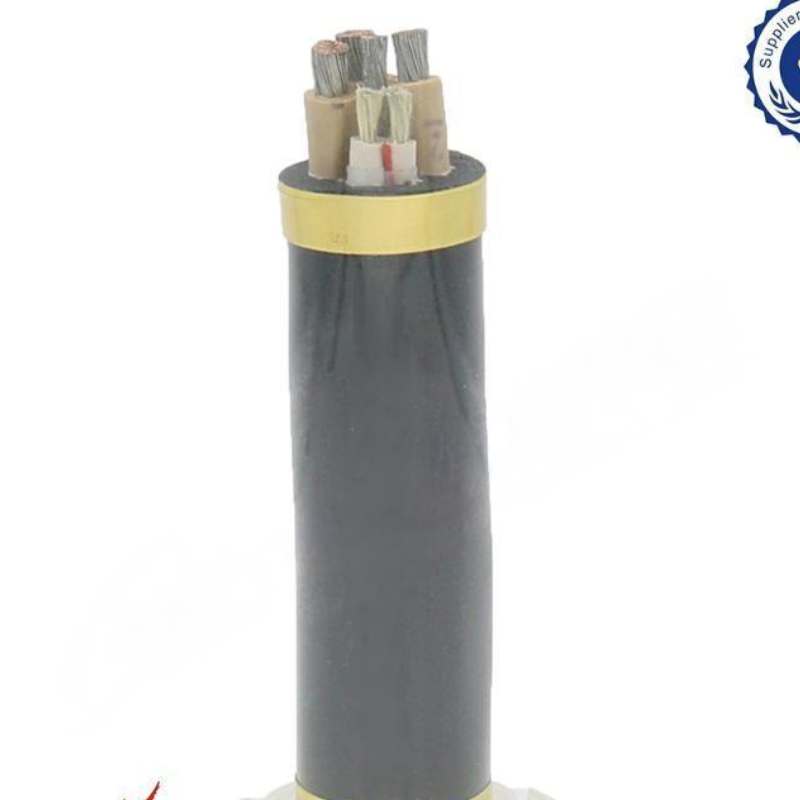nóv . 17, 2024 13:57 Back to list
ground cable wire
Understanding Ground Cable Wire Key Characteristics and Applications
Ground cable wire, often referred to simply as grounding wire, plays a crucial role in electrical systems. Its primary purpose is to ensure safety by reducing the risk of electric shock and equipment damage due to faults. This article explores the characteristics, materials, and applications of ground cable wire, highlighting its importance in both residential and industrial contexts.
What is Ground Cable Wire?
Ground cable wire is a type of conductive material that is used to create a safe path for electrical currents to flow into the earth. This function is essential for mitigating the effects of electrical surges or faults, which can occur due to various factors, including lightning strikes, power surges, or equipment malfunctions. By grounding electrical systems, ground wire helps to protect both people and property from potential hazards associated with electricity.
Key Characteristics
1. Material Composition Ground cable wire is commonly made from copper or aluminum, both of which are excellent conductors of electricity. Copper is more widely used due to its superior conductivity and resistance to corrosion. Aluminum, while less conductive, is lighter and more cost-effective, making it suitable for certain applications.
2. Size and Gauge The size of the ground wire is typically determined by the gauge, which indicates the wire's diameter. Ground wires are generally thicker than regular electrical wires because they need to handle potential faults safely. The National Electrical Code (NEC) provides guidelines on the appropriate wire gauge based on the electrical system's size and application.
3. Insulation and Ratings While many grounding wires are bare and uninsulated, some are insulated for added safety, especially in residential applications. Ground wires are typically rated for direct burial or overhead use, depending on their intended application. It is crucial to select a wire that meets the specific environmental conditions and regulations of the installation site.
4. Flexibility and Durability Ground cable wire is designed to withstand various environmental conditions, including moisture, temperature fluctuations, and mechanical wear. This durability is vital for both underground installations and overhead applications, ensuring long-term performance and reliability.
ground cable wire

Applications of Ground Cable Wire
Ground cable wire has a wide array of applications across different sectors
1. Residential Use In home electrical systems, ground wires are essential for preventing electrical shock and protecting appliances. They are connected to electrical panels and various fixtures, ensuring that any fault current is safely directed away from users.
2. Commercial Buildings Grounding in commercial settings is even more critical due to the complexity of electrical systems and the presence of sensitive electronic equipment. Ground wires are used extensively to safeguard against power surges and improve overall electrical system stability.
3. Industrial Applications In industrial environments, the stakes are higher. Equipment can be large and powerful, and the risk of electrical faults can lead to significant safety hazards and financial losses. Ground cable wire is used in machinery, control panels, and high-voltage systems to protect operators and infrastructure.
4. Renewable Energy Systems As the use of solar panels and wind turbines increases, so does the importance of grounding in renewable energy applications. Ground wire ensures that these systems operate safely and efficiently, protecting both equipment and users from electrical faults.
5. Telecommunications Infrastructure Grounding is also essential for telecommunication systems. It provides a safe path for lightning strikes and other electrical surges, protecting sensitive electronics and maintaining service reliability.
Conclusion
Ground cable wire is a vital component of any electrical system, ensuring safety and functionality. Its role in protecting people and equipment from electrical hazards cannot be overstated. Whether in residential, commercial, industrial, or renewable energy applications, the importance of thoroughly understanding and correctly implementing grounding practices is essential for safe electrical system design. As technology continues to advance, maintaining robust grounding systems will remain a cornerstone of electrical safety and integrity.
Share